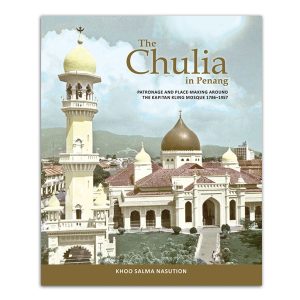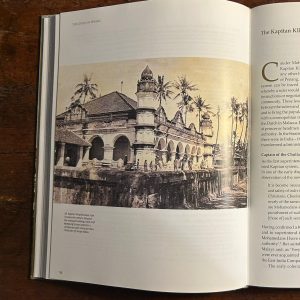Selected as one of the most anticipated international titles of 2022 by the New York Times
A poetically written and bitterly sweet memoir about nature, death, life in Palestine, and the universal concept of home.
Palestinian writer Hussein Barghouthi was in his late forties when he was diagnosed with lymphoma. He had feared it was HIV, so when the cancer diagnosis was confirmed, he left the hospital feeling a bitter joy because his wife and son would be spared. The bittersweetness of this reaction characterizes the alternating moods of narration and reflection that distinguish this meditative memoir, Among the Almond Trees.
Barghouthi’s way of dealing with finality is to return to memories of childhood in the village of his birth in central Palestine, where the house in which he grew up is surrounded by almond and fig orchards. He takes many healing walks in the moonlit shadows of the trees, where he observes curious foxes, dancing gazelles, a badger with an unearthly cry, a weasel, and a wild boar with its young—a return not only to the house but to nature itself. The author decides to build a house where he would live with his wife and son, in whom he sees a renewal of life. The realization of his impending death also urges him to vocalize this experience, and he relates the progress of the disease at infrequent intervals. And, ultimately, he details the imaginative possibility of a return to life—to the earth, where he would be buried among the almond trees.
‘A spiritual memoir that’s concerned with the mutability and impenetrability of language and life, Among the Almond Trees creates a taxonomy of presence and absence that makes continuity from seeming opposites, one that’s filled with nuance and largesse for both the Palestinian people and the nearer pain of Barghouthi’s own illness and looming death.’ Foreword Reviews. Read the full review here.
‘In Barghouthi’s work, nescience and speculation are preferred over certainty and assertion. Nevertheless, the Israeli presence and its suppression of freedoms loom over Among the Almond Trees as Barghouthi portrays himself wandering through the land of his youth. But he seems to be asking us to regard this oppression as a recurring element in human history—while the individual perceives in his solitary history the perennial struggles discovered in world literature.’—Ron Slate, On the Seawall. Read the full review here.
‘No one can return to his beginnings, even occasionally, unless he goes to his history, to himself in history,” writes Barghouti. The same can be said for Palestinian identity which he brings out through asserting Palestinian history though his own recollections and those of his family. What becomes of the writer and his writings? What becomes of the narrative upon death and how will words live on? How does identity prevail and how does it transform? Barghouti’s writing has resonance and additional readings of this book will undoubtedly raise much awareness and many questions. Time becomes both timeless and a limitation. Barghouti’s memoir, while deeply personal, cannot but invoke the same existential questioning for Palestine.’—Ramona Wadi, Middle East Monitor. Read the full review here.
‘The reinscription of the magical into history constitutes a strong affective claim on the land; a claim that the author believes to be more powerful than that of the divine, perhaps because it is in harmony with the fauna and the flora of Palestine. [ . . . ] Ibrahim Muhawi’s masterful translation of this highly complex memoir is a much-needed step in the further dissemination of Arabic autobiographical writing at the global stage.’—Rania Said, Middle East Books Review. Read the full review here.












